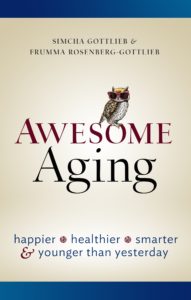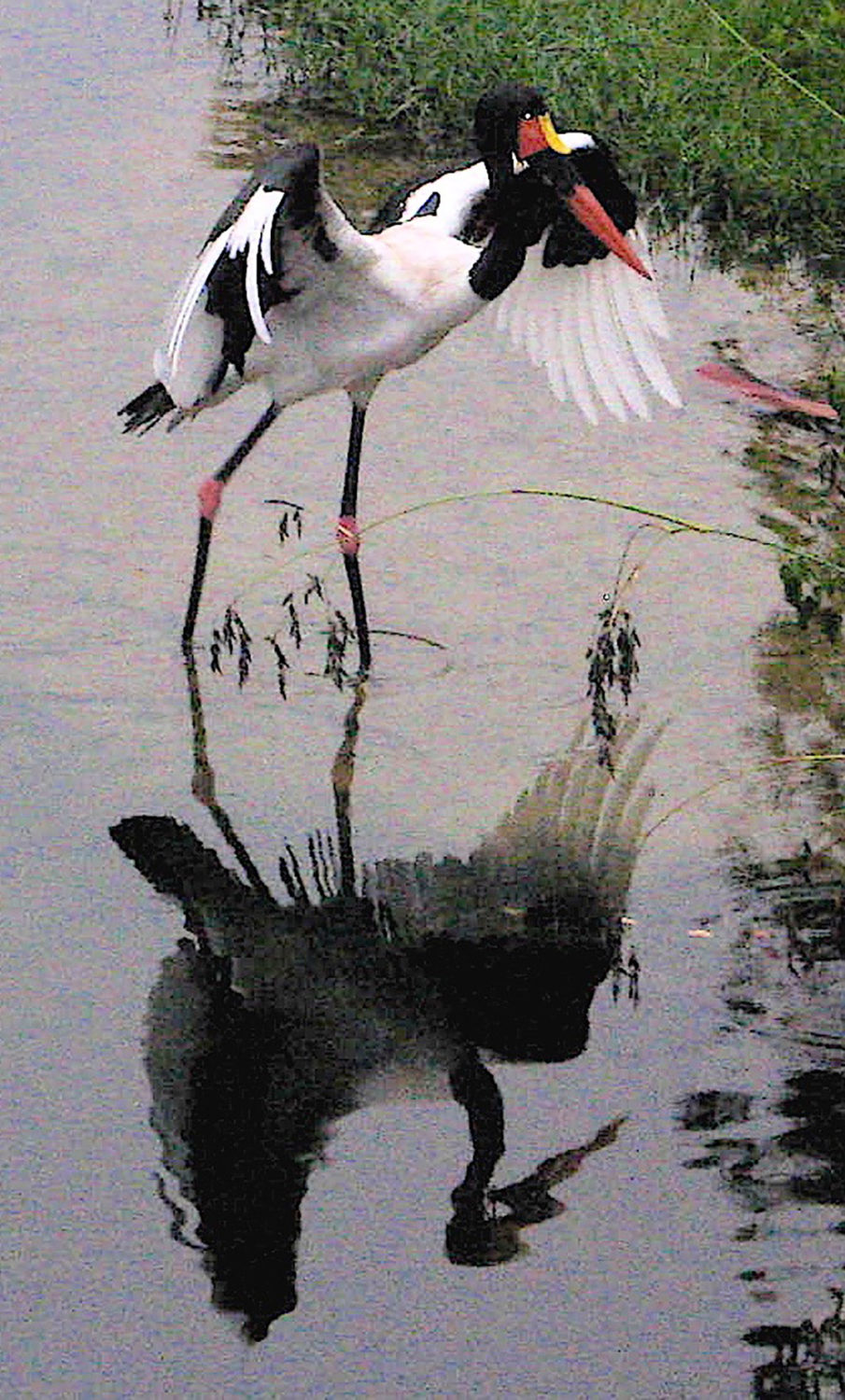
From Chapter 3: “Do Be Do Be Do”:
One April morning a few years back, we took a long and leisurely hike along one of the Everglades’ swampy trails. We generally prefer mountains to the endlessly flat South Florida terrain, but sometimes you just make the best of what you’ve got. The hike did not offer spectacular views or much of a workout, but it proved conducive to a certain unperturbed, meditative frame of mind.
At a bend in a creek, a great blue heron stood gracefully still, perched on a fallen log. Most likely a male judging by his size and plumage, he seemed at first glance passive, quiescent, the very soul of equanimity. So we too stood still, or as still as humans can stand, which comparatively speaking is not all that still. This heron may as well have been made of rock, if not for the glint of life in his eye, which shone like a steady flame in a windless place. The only sound was the slight turbulence of the creek, and an occasional rustling off in the distance that may have been a rodent, or an alligator—who could know?
Then it happened. At first it was not so much movement as a quickening, a stirring of intention. Then, more suddenly and more powerfully than mere memory can summon up, the heron erupted into action, plunged his head down into the creek, and came up with a fish in his beak. Without a pause he returned as though spring-loaded to his log to enjoy the meal.
We think about this heron every time we come up against that all too human curse of stuckness, of hesitation, of unreadiness to just do what must be done. It’s a gap—for some, or for others, an imbalance—between being and doing. Some of us err on the side of impulsive, ill-considered action. Some are so immersed in uncertainty we allow opportunities to slip through our fingers. The heron was fortunate to have no fingers and to know no hesitation; his beak and his stillness and his vigilance and his hunger were entirely one. Though we are human, and therefore given to think before we act and to rethink our actions after the fact, that oneness we saw in a moment of pure movement in the Everglades is an enviable quality.
Here’s a riddle we sometimes use to open up a workshop: Five birds are sitting on a tree. Three birds decide to fly away. How many are left on the tree? Simple arithmetic? Not exactly. The correct answer is five. Why? Because there’s a big difference between deciding and doing…


